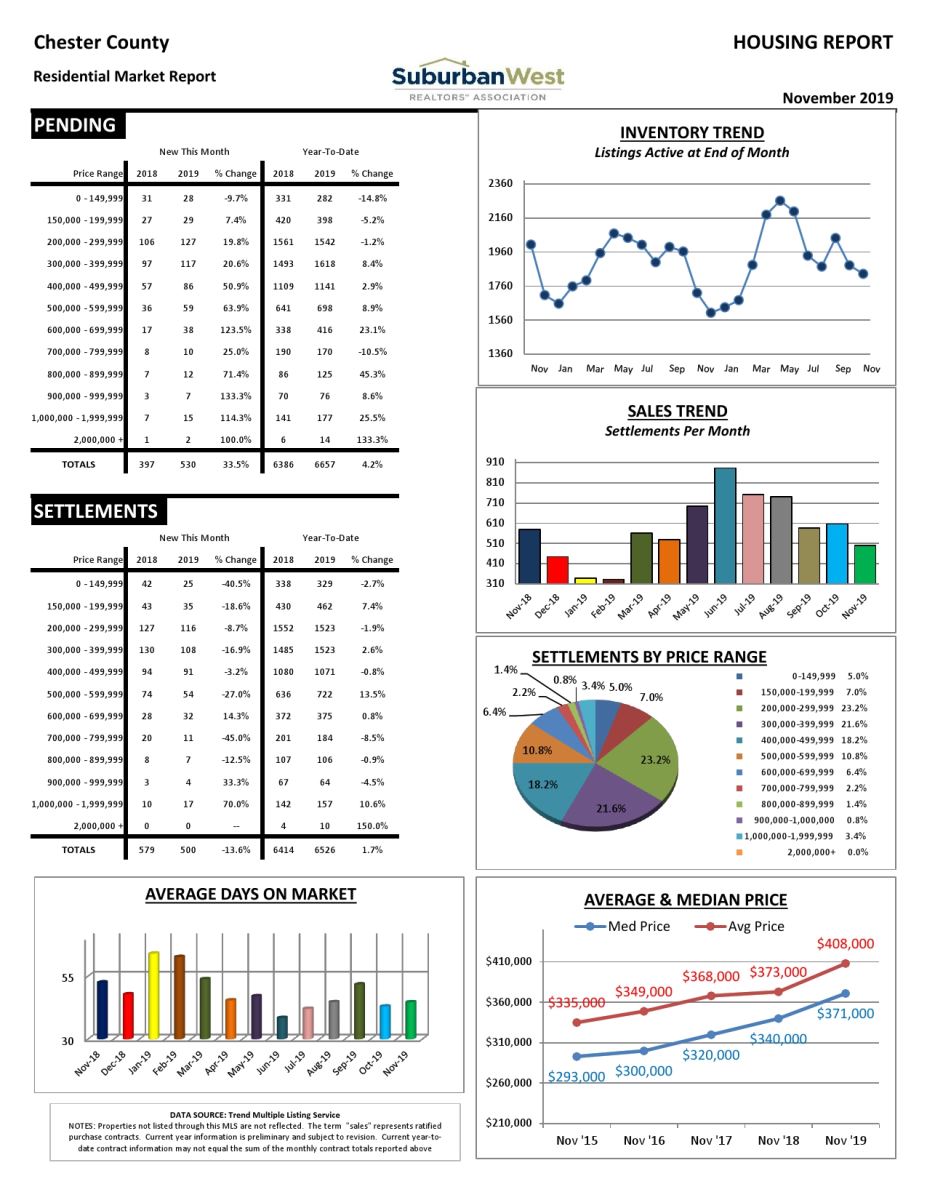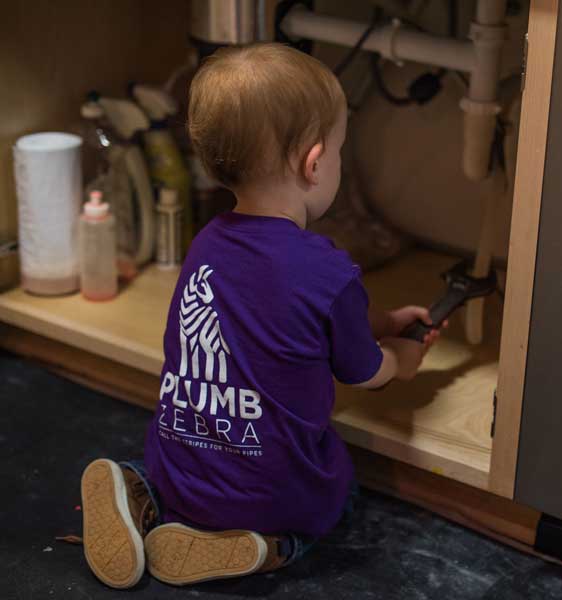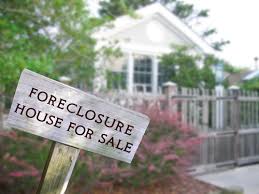Chester County PA Real Estate Market Trends for November 2019
Chester County PA Real Estate Market Trends for November 2019
Chester County PA single-family homes saw pending sales increase by 33.5% in November 2019 when compared to November 2018. 500 homes sold in November with a median sales price of $371,000. The average sales price increased by 9.4%, and homes were on the market 15 days less.
If you are thinking about selling your home get a free instant home evaluation Learn More.













